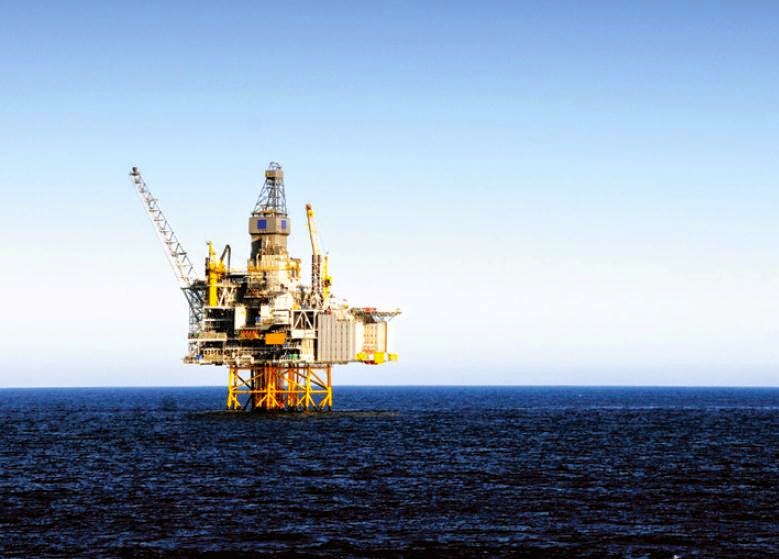By Stanley Reed
The British government said on
Saturday that it would establish a sovereign wealth fund with the proceeds from
extracting natural gas from shale.
The announcement, which may be
seen as premature because no shale gas production is likely to occur in the
near future, is another step by the government of Prime Minister David Cameron
to encourage development of a shale gas industry and overcome public opposition
to hydraulic fracturing, or fracking.
Edward Davey, the energy
minister, said in a statement that the sovereign wealth fund “was part of this
government’s broader strategy to strengthen our security of supply in a
cost-effective way for generations.”
Oil-producing countries like
Norway and Kuwait, as well as the emirate of Abu Dhabi, have built up large
sovereign wealth funds intended to save and invest the proceeds from the
extraction of fossil fuels for future generations. Studies have shown that
Britain has shale gas potential, but whether the gas is commercially
exploitable will not be known until more wells are drilled and tested.
With North Sea oil and gas
production in decline, the government hopes that tapping into shale formations
will attract new investment and provide new sources of energy.
The government is in the midst
of opening up large chunks of additional land to oil and gas exploration. Bids
for the new tracts were due on Oct. 28 and are being evaluated. So far only a
handful of shale gas wells have been drilled in Britain, and the fledgling
industry consists mostly of small operators.
Recent efforts to drill onshore
in places like Balcombe, a village in southern England, have drawn protests
from environmentalists and local activists worried that drilling and hydraulic
fracturing will pollute water supplies and increase noise and truck traffic.
Oil and gas from shale have
greatly increased energy supplies in the United States, sharply lowering
domestic gas prices and helping bring down global oil prices. But the shale oil
and gas industry has been much slower to take root in Europe.
There is strong resistance in
much of Europe to fracking, the practice of forcing liquid and sand into wells
to release trapped oil and gas. France has a ban on fracking, Germany has
imposed a moratorium, and opposition has cropped up and sometimes delayed shale
exploration in Eastern European countries like Romania and Poland.
In Britain, there is also
concern about a growing dependence on imported fuels for industry and power
generation. The country’s coal-fired and nuclear power plants are aging,
leading to worries about whether the country will have adequate generating
capacity in the coming years. The government has already announced payment
plans to local communities by shale gas operators to compensate for nearby
operations. And it is trying to clear away some of the legal and regulatory
hurdles to shale gas drilling.
In an interview this week,
Andrew Austin, the chief executive of IGas Energy, a British oil company with
extensive shale exploration acreage, said that the government had made progress
in developing a clearer regulatory framework to govern drilling.
Mr. Austin said that having
tough regulations was an important part of reassuring the public that the
activity “can be carried out in a way that would have minimal environmental and
social impact on the communities in which we operate.”
He estimated that it would be
three to five years before shale gas made a significant contribution to British
gas supplies.


Комментариев нет:
Отправить комментарий